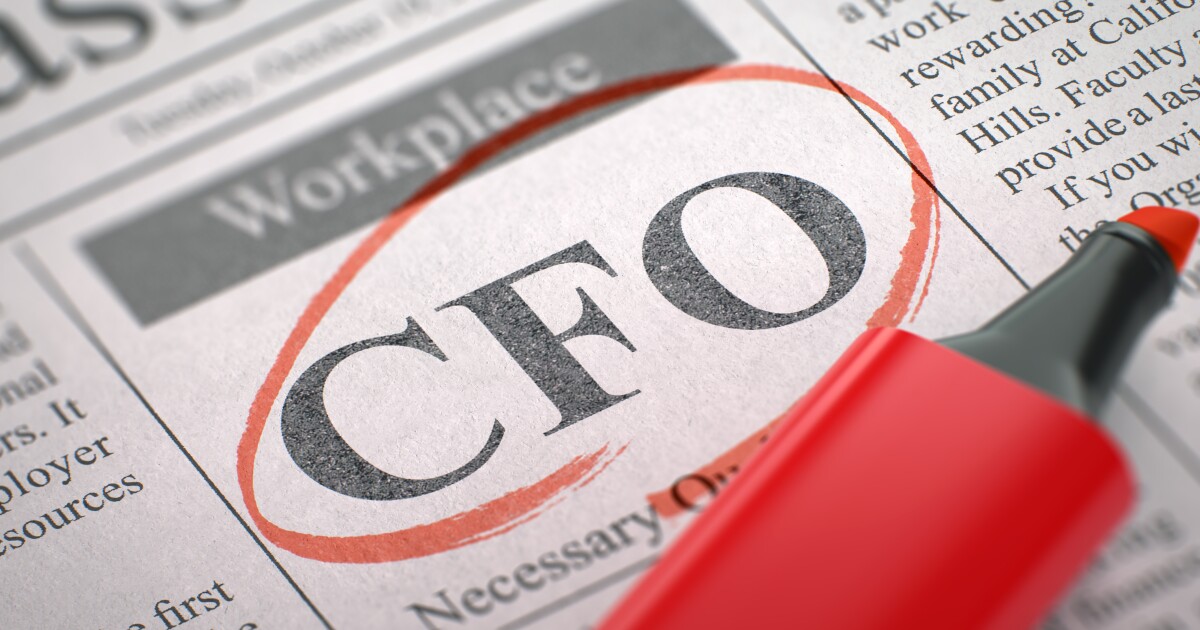Unlock the Editor’s Digest for free
Roula Khalaf, Editor of the FT, selects her favourite stories in this weekly newsletter.
The Solomon Islands has picked former top diplomat Jeremiah Manele as its next prime minister, in what analysts said could herald a shift towards the Pacific island country’s traditional western allies after it had pursued closer ties with China.
MPs on Thursday morning elected Manele, a former foreign minister who in 2022 signed a security with Beijing that alarmed other Pacific powers, including the US and Australia.
The Solomon Islands has been a geopolitical flashpoint in the Indo-Pacific over the past five years, as China’s growing influence has rattled the region’s traditional security partners.
Manele is expected to maintain ties with China, but analysts suggested he could be more conciliatory towards the west than the charismatic outgoing premier, Manasseh Sogavare, whose policy of forging closer security and commercial links with Beijing roiled the region’s traditional power alignment.
Marion Crawshaw, a former New Zealand diplomat who was the country’s high commissioner to the Solomon Islands, said Manele was a less “polarising figure” than the “tub-thumping” Sogavare, who stood down from the nomination process this week after his party failed to win a majority in last month’s election.
“That is a positive thing for the Solomon Islands to make this transition. There is definitely a shift to a new generation,” said Crawshaw, who is now at the Victoria University of Wellington Centre for Strategic Studies.
Manele, who was first elected in 2014, led the foreign ministry when Sogavare’s government switched diplomatic recognition to China from Taiwan in 2019.
He has pledged to maintain Sogavare’s foreign policy of “friends to all, enemies to none” and on the steps of parliament after his election said he would look to lead a “government of national unity” that focused on improving the economy.
Mihai Sora, a research fellow at the Lowy Institute’s Pacific islands programme, said Manele was unlikely to tear up the security agreement with China but could be open to strengthening ties with traditional allies such as Australia, with whom Sogavare had “an axe to grind”.
“He [Manele] may have an open ear,” Sora said.
The Ownership, Unity and Responsibility party, previously led by Sogavare, lost half of its seats in the nationwide election last month, heralded as one of the most consequential since the country’s independence 50 years ago.
During the campaign, Sogavare had promoted the benefits of deepening relations with China, such as the construction of a sports stadium in the capital Honiara, and praised Beijing’s political system.
But voters expressed dissatisfaction with his government, as opposition candidates including Matthew Wale, who was the alternative candidate for leader in Thursday’s vote, tapped into growing unrest over the country’s economic prospects and the influence of foreign-owned logging and mining companies.
No party won a majority in parliament, leading the candidates to rally the support of independent MPs. Manele defeated Wale by a margin of 31 to 18 votes.
Sora said Manele would be under pressure to address voter discontent with the level of economic development and would be cautious to avoid inflaming tensions after an outbreak of violence in 2021 that followed the change in diplomatic recognition away from Taipei.
Credit: Source link











